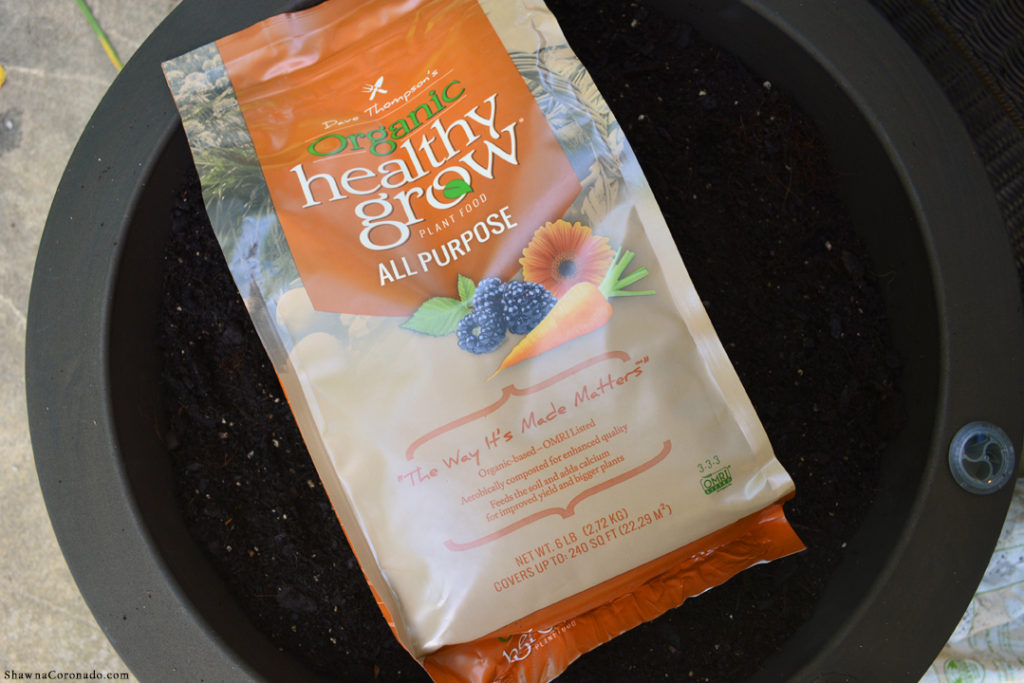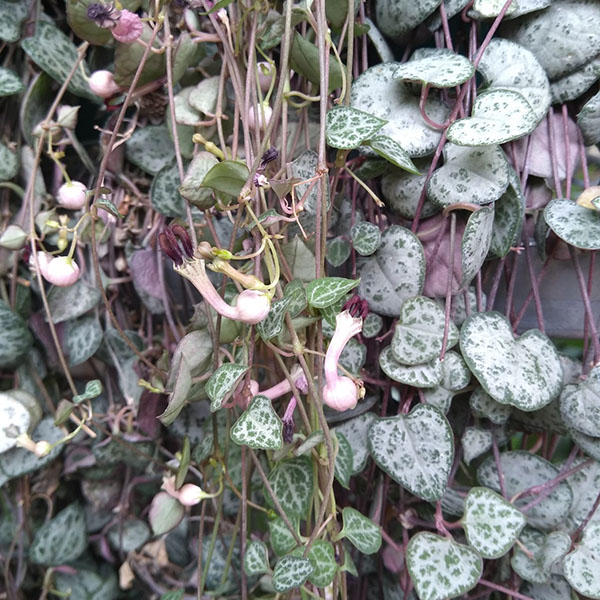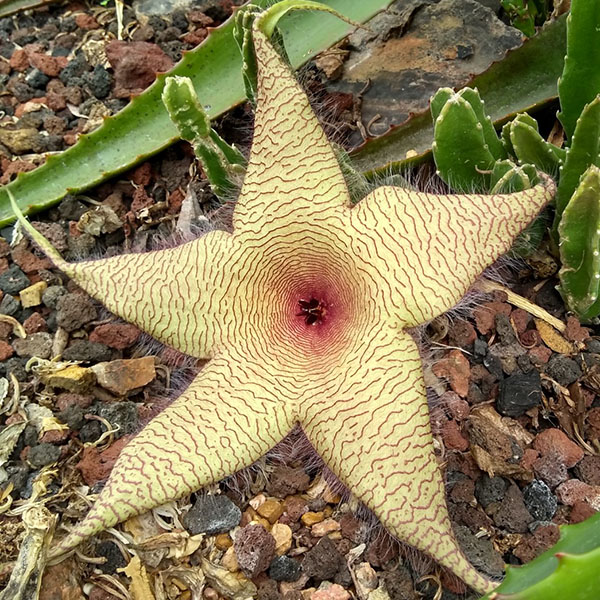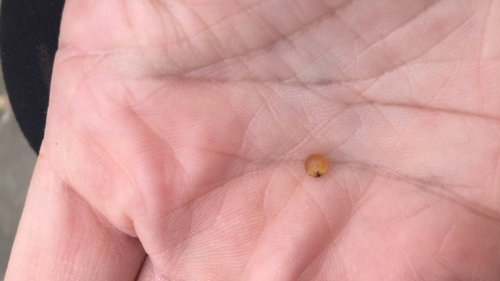Hi Charles, I was wondering if it would be alright to use moldy straw in compost. Usually, people recommend against adding diseased materials to compost piles, but you mention it is safe, though I understand your piles are hot composted. I will add very rotten vegetables to compost, no problem. I bought some equine bedding straw for mulching the vegetables this year. I was only able to use a small portion of it before other things took priority over the garden.
Can I throw that into the pile or should I chuck it? It doesn't seem to smell but I wonder if it's not so good to breathe near it. Animal manure is the feces of animals—primarily of livestock like horses, cows, and chickens. It may be "pure," but it often includes bedding or litter materials like straw or sawdust, in which case it will also contain animal urine. Depending on the source, manure is very high in organic matter as well as nutrients essential to plant growth.
As animals digest the plants and other food they eat, they are broken down by anaerobic bacterial action in their stomachs. Manure is, in some ways, like compost that has been broken down at high speed by the animals that have produced it. Let's look at the rest of the poop on manure here. I have also made a much bigger one but it does take some time to make enough for my beds. Any way the local garden center was selling compost very cheaply €2 per 50L so I bought 1000L.
I suspect you will say spread it and sow but thought I would ask anyway, I have no problem planting through it it is not bad stuff. Your garden is an inspiration and even my wife sees the benefits of this method of veg growing. Interestingly she said something the other day that is quite true. She said the the beds I have constructed , which are 1.5m x 3 m , are for her much less intimidating than a very large area of normal garden. The native soil in my garden is quite heavy with a high clay content so I am turning it all over to raised no dig beds. If your soil smells like poop or something with traces of ammonia or sulfur in it, that's far from ordinary and unhealthy for your plants.
… Since peat moss is what gives potting soil good drainage, old potting soil won't drain well. Layering – Sometimes a compost pile has the right balance of green and brown material, but these materials have been put into the compost pile in layers. If the green material is isolated from the brown material, it will start to decompose incorrectly and will start to give off a bad smell. If this occurs, the compost pile will smell like sewage or ammonia. Fixing this is only a matter of mixing the pile a bit better.
Since peat moss is what gives potting soil good drainage, old potting soil won't drain well. It is better to improve existing soils with well-rotted leaf compost, dehydrated and composted cow manure or peat moss. A quality composted manure has a slight, but not overpowering ammonia smell and should not be soaking wet when opened.
I would avoid other manure products in the vegetable garden if they are not labeled as composted, dehydrated cow or horse manure. Never use fresh manure from dogs, cats, birds or other animals around vegetable plants. On a much smaller scale, compost and manure tea can be made for the home garden or small farm. This involves steeping organic matter in water, straining it, and using the resulting tea as a foliar or crop fertilizer. Because the decomposition of the organic matter is anaerobic, it can result in a seriously stinky final product. But it is cheap to produce, and very effective.
Composting manure eliminates some of the problems of fresh manure — including the odor. It is lighter and easier to haul since it has less moisture, and the composting process may kill weed seeds and pathogens if the pile heats above 145°F. But salts may be more concentrated and some of the nitrogen is lost, leaving the more stable organic forms. Composted manure has lower availability of nitrogen and will contribute more to the organic matter content of the soil compared to fresh manure.
Hi – I started to get my compost organised a couple of years ago and I agree with everything you have said. I find I can get three piles finished in a year and maybe four. I accumulate layers of greens and browns in what I call my starter bin and when it is full I turn it into my hot bin. I recently started to use clean straw as a mulch and compost ingredient. I've read that straw supposedly takes a considerable amount of time to break down.
I'm surprised by that because I shredded some straw to use as a top dressing around some annual flowers. Nine months later the straw has broken down into a nice loamy substrate. I haven't had a chance to check the compost bin to see how the straw in the compost heap has fared. I know you use straw bedding and horse manure in your heap but I'm curious if you've ever used clean straw and what you're experience is with it.
Compost is organic matter that has decomposed, from leaves and manure to weeds, wood and paper. Compost feeds soil in a slow and steady manner, allowing soil to feed plants. In gardens, a compost heap speeds up nature's process of decomposition, resulting in less slugs than from mulches of undecomposed matter, and stronger plants. Animal products like meat and manure can go into compost and actually add a lot of nitrogen into the soil, making them excellent to add if your soil is nitrogen-deficient.
However, you should be aware that they smell, and meat can sometimes attract animals. If you add meat to your compost, make sure you have a tight lid on your bin, so critters don't get into it. Brown material is just as important as green material, but it's important to make sure that your brown material is dry when you add it. If your compost isn't wet, compacted, or layered, the issue is likely in what you're adding to your compost.
When the issue is with what's in the bin, you can typically determine the problem by smell. If your compost smells like ammonia, the problem is likely that your compost has too much green material. That means your bin has more vegetable scraps, grass clippings, and wet leaves than it does soil, straw, and dry leaves. Your compost may also smell if you've recently added manure or meat to it.
Why Does My Potting Soil Smell Bad The compost is beautiful, friable matter from a good mix of greens and browns. It's fine to hoe the weeds out but in some beds we sowed parsnips, carrots in late March. There were very few weeds when we sowed them as I'd gone over it with a hoe when they first appeared. But they have kept growing so it's now difficult to keep on top of the weeds without disturbing the seeds and small seedlings.
I live on a ranch with access to lots of cattle manure and chicken manure. If I use 80% manure as green would my compost heap become more of a manure heap. What ratio of manure can I use to get the best compost material. I have a 1,000 sq foot garden so I will have some green waste this summer. I have also been adding kitchen scraps and weeds but in a 4'x5'x4' space it would take me ages and I am keen to get the process going. Most piles have a few fruit flies and fungus gnats.
If they don't bother you, they're not hurting the pile. Fungus gnats can do damage to your plants, especially the roots, and can spread to your garden when you apply finished compost. Worse, if you add the compost to the potting soil of indoor plants, it can start an infestation inside your home. It's a good idea to eradicate or at least deplete flies and gnats before they become a problem. Too much moisture – Often in the spring, a gardener will notice that their compost stinks. This is because due to all the rain, the compost pile is too wet.
A compost pile that gets too wet will not have enough aeration and the effect is the same as if the compost pile was compacted. Compost that is too wet will smell putrid or like rotting eggs and will look slimy, especially green material. To fix this cause of a smelly compost pile, turn the compost and add some dry brown materials to absorb some of the moisture. Compost pile is compacted – Compost piles need oxygen to decompose the organic material properly. If your compost pile gets compacted, the compost will start to smell. Compost that has too little aeration will smell putrid or like rotting eggs.
Turn the compost pile to help get air into the compost and stop the bad smell. You may also want to add some "fluffy" materials like dry leaves or dry grass to help keep the pile from over-compacting again. Lack of aeration, poor drainage, and overwatering is the root cause of foul odor in potting soil. Inappropriately decomposed organic matter can also lead to a bad smell in the potting mix. Let the soil dry out, then blend 1/3 cup of activated charcoal with four quarts of potting mix to minimize the foul smell. I am curious if you do any soil amending after the compost is spread?
For example, I added horse manure to my garden last year, which was mainly composted, but some fresh was in there. My uncle suggested to ad lime due to the sawdust bedding they use for the horses, but I never got around to doing so. I had issues with blossom rot with my early tomatoes.
(Luckily I was able to recover they others by adding calcium.) But I'm just curious if good quality compost will ad all nutrients needed for my garden? Or are there specific plants that the soil will need extra mending? I'm just looking to make my garden as easy as possible! We are finally ready for our large garden on our 5 acre homestead.
I was wondering what ratio I should buy from one of our local compost suppliers. From my calculations, I'll need 20 cubic yards. They have a well aged dairy manure compost and a green/brown compost mix. I am laying cardboard over the area then will form my beds over that.
I've been growing my starts in my greenhouse and I'm ready to get my peas seeded and potatoes in immediately. What ratio of the two composted materials should I buy? The heaps I create amount to around 2m x 1m x 1m which I then cover with plastic but I fear its own weight is causing compacting issues at the bottom of the pile. I just got started in my garden at the beginning of lock down. I have found your videos to be entertaining and educational (Edutainment?). I'm working on generating my compost now, ready for next season.
Lots of landscaping happening and my back is killing me (please develop NO-DIG landscaping….please?) I am currently working on a 3-bay compost bins made from recycled from pallets. I have the whole cul-de-sac collecting green waste for me. I know i will need a lot of compost so I will be in the local parks filling bags with leaves in the Autumn.
In much of the growing season there is a surplus of green, so keep a pile or some sacks of paper, autumn leaves, cardboard and twiggy materials, especially when adding grass mowings. In winter there is more brown, and some fresh manure or coffee grounds make for a good balance. For example, use three buckets full of dairy manure without bedding spread over a 10 by 10 foot garden to add 0.2 pounds of available nitrogen. You'd need to add 8 buckets of composted cow manure over the same size area to apply the same amount of nitrogen. Chicken litter is high in nitrogen, and can be composted in about five to six weeks.
Composting "cools" the manure and litter material, meaning it reduces the ammonia content so it will no longer burn plants. It also reduces the total volume, weight and odor of the pile. Additionally, composting stabilizes nutrients enabling a slow, long-term release over a few years. Finally, the temperatures generated in the composting process will kill most pathogens and weed seeds. With overwatering, the plant is prone to root rot, fungal and bacterial infections, and mold growth, any of which could be responsible for the foul smell. In garden soil, the poop smell could also be caused by fresh or under processed manure that you might be using to fertilize the plants.
Using manure that has been freshly dug from the barn, coop, or paddock poses problems. Depending on the kind, it may be very high in ammonia, or contain so much nitrogen that it will burn the roots and stems of any plant it comes in contact with. Fresh manure may also contain pathogens from the animal's gut. Storing manure allows it to mature in the same way that compost does—bacterial action causes a buildup of heat that will, ideally, kill weed seeds and other pathogens.
Farmers and gardeners have been using manure for centuries to add organic matter to their soil. Over time, as organic matter breaks down in soil, it becomes depleted. The microorganisms and invertebrates that live in soil break down minerals and organic matter into forms that are accessible to plants.
So if you have a healthy soil biomass, you can grow healthy crops without the use of chemicals. You have inspired me to make lots of compost as I have a lot of green waste to get rid of. My questions are; firstly, your compost bins have lids, how do they not dry out? Often when gardening for others I take a lid of a compost bin to find bone dry plant matter which is not decomposing. I always make sure my composts get some rain in the year and it rots down well.
Hi Tiffany, thanks for your question and the good news is that mouldy straw, whether black or grey mould, also mildew on leaves, any diseased material is fine to compost! In fact it will compost more quickly because moulds and diseases are a first stage of decomposition. There is no need to worry about adding adding only-fresh materials to compost heaps, although that is also fine. Horse manure with straw is already a good combination of green and brown, so you don't actually need to add any garden waste to it. I would do only one turn as well, I see no advantage in all those extra turns and work.
You should have compost ready to use within nine months, from horse manure plus straw and one turn and no other additions. Too much green material – If you have too much green material in your compost pile, it will smell like sewage or ammonia. This indicates that your compost mixture of browns and greens is off balance.


























No comments:
Post a Comment
Note: Only a member of this blog may post a comment.